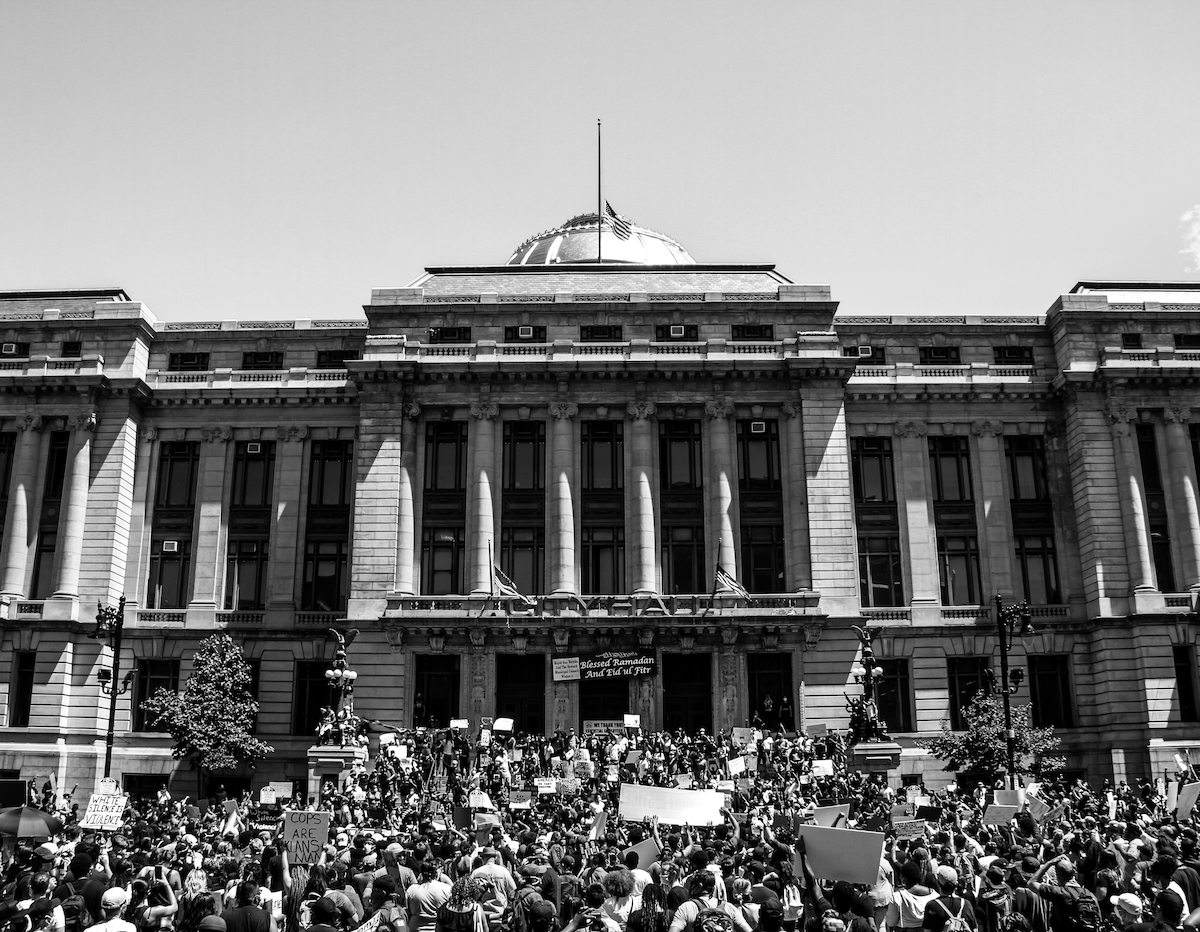
On April 1, some of New Jersey’s fiercest advocates for community-based violence prevention sat down — virtually — with Gov. Phil Murphy to build out the road ahead and ensure the state remains a national leader on this all-important front.

Together we presented an agenda designed to make New Jersey a leader on solutions to violence. Here’s a brief summary of our aims:
- Invest Now: Similar to the rest of the country, New Jersey’s homicides soared in 2020 in response to the pandemic. There was an outlier, though, in Newark. The city’s homicide and violence rate remained stable, marking a 60-year low. How? The city created a coordinated strategy for violence prevention, most notably NCST’s community-based approach to reducing violence through a public health lens. Historically, violence tends to rise during warmer months. With the pandemic lingering, it’s hard to imagine this summer being different. So we have to act now to keep our communities as safe as possible.
- Replicate the Model: Other cities can use Newark’s approach. If the legislature funds a statewide violence intervention program, other cities with high violence rates — Paterson, Jersey City, Camden, Elizabeth, Asbury Park, Neptune, Trenton, Atlantic City, and Woodbury — can directly fund community organizations to the tune of $1.5 million per city and lay the groundwork for safer neighborhoods.
- Working in Hospitals: Hospital-based violence intervention programs are a great resource, but their impact is limited without community-based violence intervention organizations as partners. With $500k of gap funding from the existing Victims of Crime Act (VOCA) funding, each of the nine previously mentioned cities can strengthen that coordination and support the community-based organizations preventing violence in their community.
- Community Infrastructure: The south ward of Newark saw a nearly 50% decline in homicides, and leaders attribute it to new collaboration between community and law enforcement. One key strategy to curb violence around schools is the safe passage program, where community outreach workers provide safety around schools and thoroughfares. The data show this works and can be replicated.
- Trauma Recovery Centers: This unique model allows individuals to self-identify as crime victims and automatically qualify to receive healing services. VOCA helps fund four centers now, but there’s a need to expand to Jersey City, Paterson, Atlantic City, and Camden, for starters. We must fund healing in community.
- Fund housing and relocation: When violence happens, survivors need access to safe housing or need to be relocated for their own safety. With a Housing Fund of at least $150k per organization, those in communities impacted by violence or harm will be able to start their healing journey in a safe environment.
- Non-Law Enforcement Drug Overdose Response: Like so many states, NJ is still working to address opioid and related drug addiction issues. Law enforcement is often the initial responder in these situations but shouldn’t be. A rapid response approach of non-law enforcement health professionals has worked in other cities and could flourish in NJ with the right investment.
These initiatives have the potential to increase the momentum on violence prevention that has already taken root. Even though New Jersey is a national leader, there is enormous room to expand approaches that succeed in large part because they treat violence like a public health issue. Gov. Murphy’s participation and interest is an encouraging sign that violence prevention can be sustained throughout the entire state. We are hopeful that Gov. Murphy and other leaders at the local, state, and federal level will continue to increase support for community based public safety strategies that have been proven to be impactful in cities around the country.



